HS-ETS1-4
Use a computer simulation to model the impact of proposed solutions to a complex real-world problem with numerous criteria and constraints on interactions within and between systems relevant to the problem.
-
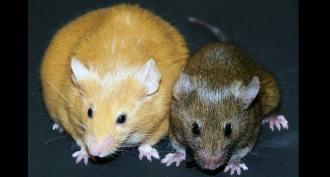 Genetics
GeneticsExplainer: What is epigenetics?
Epigenetics is the study of molecular “switches” that turn genes on and off. Tweak those switches and there could be big health consequences.
By Janet Raloff -
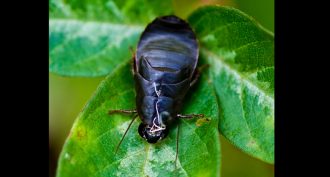 Chemistry
ChemistryGot milk? Roach milk could be a new superfood
Scientists have just figured out the recipe for cockroach milk. And that could be a first step toward making it part of the human diet. Yum!
By Dinsa Sachan -
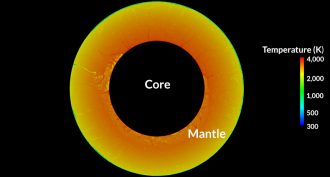 Earth
EarthEarth’s tectonic plates won’t slide forever
Earth’s surface morphs, owing to the movement of its tectonic plates. But those plates didn’t use to move so quickly. And in a few billion years they’ll grind to a halt, new research suggests.
-
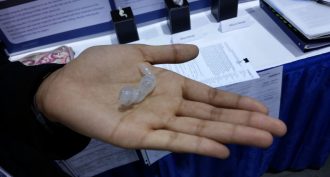 Tech
TechTeen offers technology that could help brain surgeons
It can reproduce plastic models of the precise faulty vessels that need fixing. Now doctors can see them, hold them and practice on them long before they pick up a scalpel.
By Sid Perkins -
 Brain
BrainSmall region of brain recognizes facial expressions
Scientists identify the brain region responsible for recognizing facial expressions in others. It helps us know whether others are happy or sad.
-
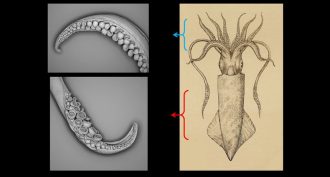 Animals
AnimalsWhat medicine can learn from squid teeth
Scientists have identified what makes a squid's sucker teeth so strong. The findings may one day prove useful in medicine.
-
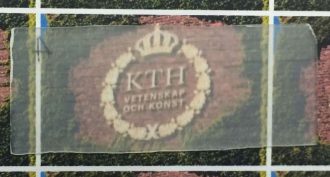 Tech
TechHow to make window ‘glass’ from wood
Scientists have come up with a way to make wood transparent. The new material could be used in everything from windows to packaging.
By Sid Perkins -
 Chemistry
ChemistryParticles in air help fatten clouds’ water droplets
Making their own clouds has shown scientists how the fattest water droplets form. Understanding this could lead to better forecasts of climate change.
-
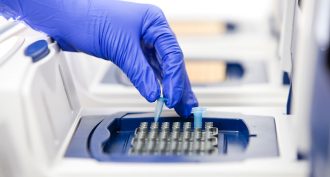 Chemistry
ChemistryGotcha! New test stalks diseases early
Chemists screen blood for disease markers by adapting a common DNA test. The test can find disease earlier, when it also may be easier to treat.
-
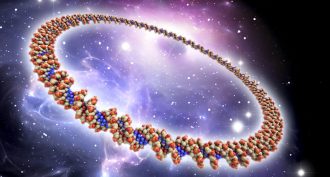 Genetics
GeneticsGenes: How few needed for life?
Scientists rebuilt a microbe using its old genes. But not all of them. They used as few building-blocks as they could get away with and still have the life-form survive.
-
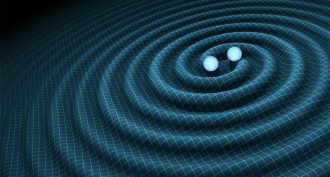 Physics
PhysicsExplainer: What are gravitational waves?
Albert Einstein had predicted that large catastrophes, like colliding black holes, should produce tiny ripples in the fabric of space. In 2016, scientists reported finally detecting them
By Christopher Crockett and Andrew Grant -
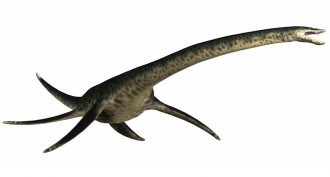 Animals
AnimalsPicture This: Plesiosaurs swam like penguins
A computer model suggests plesiosaurs — ancient marine reptiles — swam like penguins, using front flippers for power and back flippers for steering.